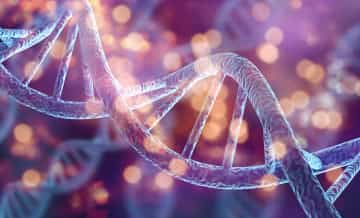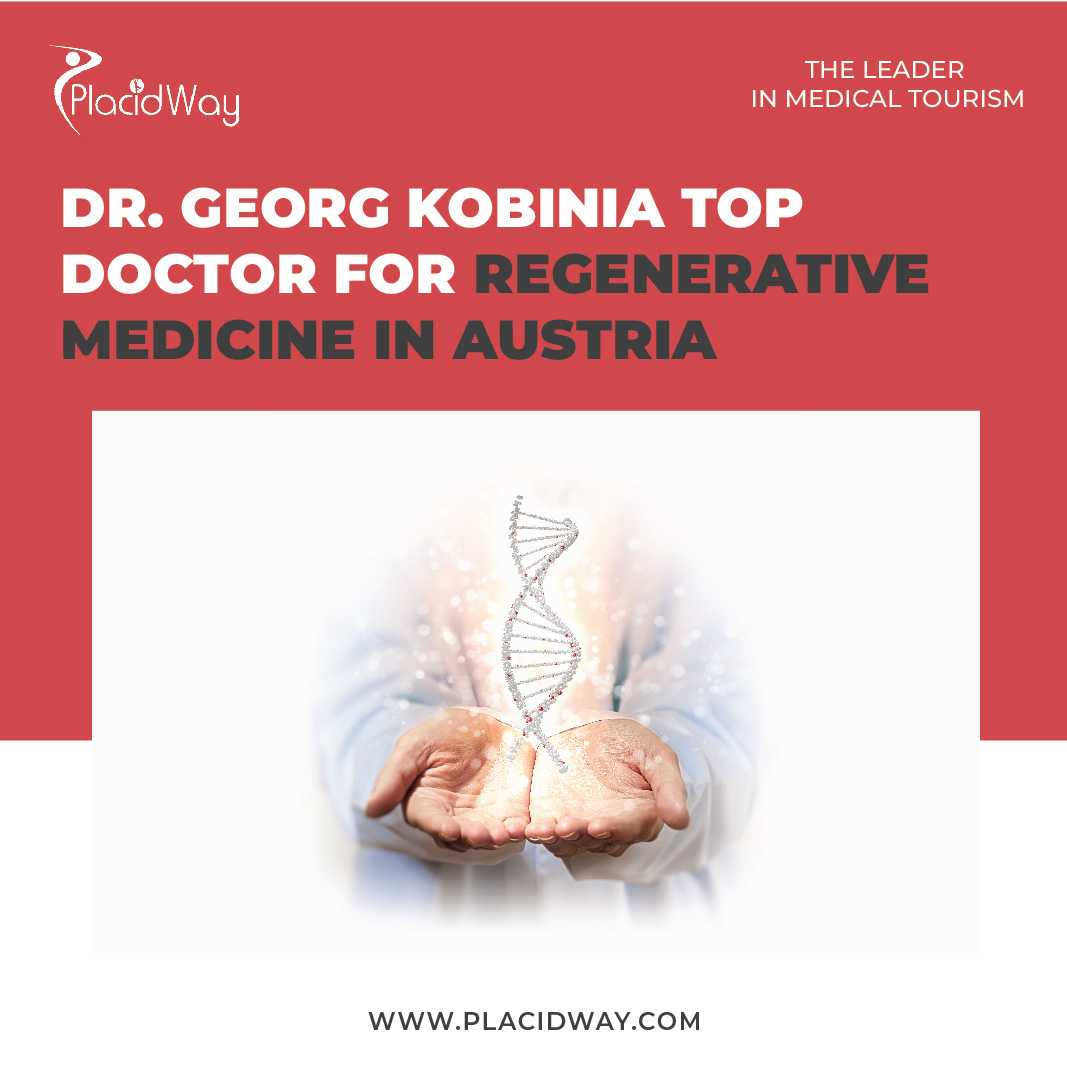Witnessing How Regenerative Medicine Transform Autism Care in Austria
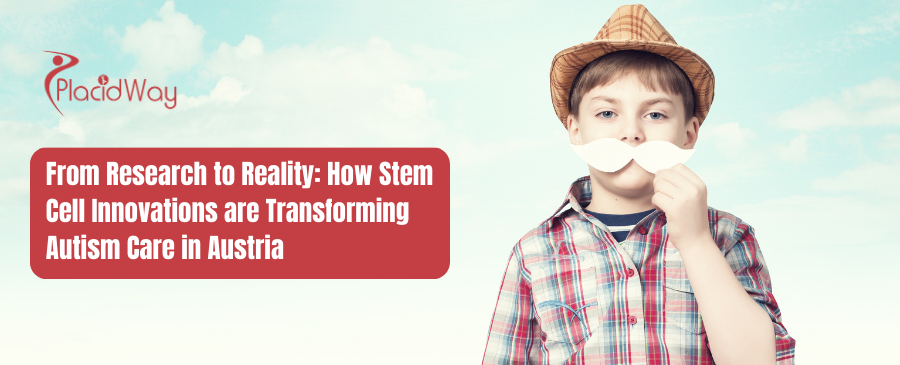
In recent years, the data shows that autism spectrum disorder (ASD) diagnoses have been on the rise, with more children being identified as on the spectrum than ever before. This increase has led to a growing awareness of the challenges faced by individuals with autism and their families, spurring efforts to develop innovative treatments and interventions.
Among these advancements is the emergence of autism stem cell therapy, a promising new approach that holds the potential to address the underlying neurological differences associated with ASD. In countries like Austria, researchers are at the forefront of exploring the therapeutic potential of stem cells in improving the lives of individuals with autism.
As our understanding of autism deepens and scientific research continues to progress, there is hope that stem cell therapy could offer a transformative solution for those affected by this complex neurodevelopmental condition.
Types of Innovations of ASD Stem Cell Therapy
- Mesenchymal Stem Cells (MSCs): These multipotent stem cells can differentiate into a variety of cell types, including neurons and glial cells. MSCs have shown promise in modulating immune function and promoting neurogenesis in individuals with autism.
- Induced Pluripotent Stem Cells (iPSCs): iPSCs are derived from adult cells and reprogrammed into a pluripotent state, allowing them to differentiate into virtually any cell type in the body. Researchers are exploring the potential of iPSCs in generating patient-specific neural cells for personalized autism therapy.
- Cord Blood Stem Cells: Umbilical cord blood contains hematopoietic stem cells, which have been investigated for their therapeutic potential in autism. Cord blood stem cells may exert neuroprotective effects and promote neural repair through various mechanisms.
- Neural Stem Cells (NSCs): NSCs have the capacity to differentiate into neurons, astrocytes, and oligodendrocytes, making them attractive candidates for repairing damaged neural circuits in individuals with autism. Research into NSC-based therapies for autism is ongoing, with promising preclinical results.
Who Qualifies for Stem Cell Therapy in Autism Treatment?
Individuals diagnosed with autism spectrum disorder, regardless of age or severity of symptoms, may be eligible for stem cell therapy. However, eligibility criteria may vary depending on the specific protocols and guidelines established by the treating medical facility. Stem cell therapy for autism involves the administration of stem cells, which have the unique ability to differentiate into various cell types, thereby promoting tissue repair and regeneration in the brain. These stem cells can modulate the immune response, reduce inflammation, and stimulate neuronal growth, potentially improving cognitive function and behavior in individuals with ASD.
Efficacy of Stem Cell Therapy for Autism
Research studies and clinical trials have demonstrated encouraging outcomes following stem cell therapy in individuals with autism. Improvement in social interaction, communication skills, and behavioral issues has been reported in some cases, although the extent of benefits may vary among individuals.
Benefits of Stem Cell Therapy for Autism in Austria
- Non-Invasive: Stem cell therapy for autism is typically administered via intravenous infusion or other minimally invasive routes, avoiding the need for surgery.
- Customized Approach: Treatment protocols can be tailored to meet the specific needs and characteristics of each individual with autism, maximizing therapeutic efficacy.
- Potential Long-Term Benefits: Stem cells have the capacity to integrate into existing neural circuits and exert sustained effects, offering the possibility of long-term improvements in cognitive function and behavior.
- Safety Profile: Stem cell therapy is generally considered safe, with minimal risk of adverse effects when performed by experienced healthcare professionals in accredited medical facilities.
- Complementary to Existing Therapies: Stem cell therapy can be used in conjunction with other interventions for autism, such as behavioral therapy and educational support, to enhance overall outcomes.
Top Autism Stem Cell Therapy Clinics in Austria
Austria boasts several reputable medical facilities that offer cutting-edge stem cell therapy for autism. These clinics adhere to strict standards of quality and safety, employing multidisciplinary teams of experts to provide comprehensive care to patients and their families.
Best Stem Cell Clinic in Austria |
|
|
|
Kobinia Med, Austria's top stem cell clinic, provides specialized therapies for autism, offering hope and transformation for those impacted by this complex condition. |
Cost of Stem Cell Treatments for Autism in Austria
The cost of stem cell therapy for autism in Austria varies depending on factors such as the type of stem cells used, treatment protocol, and duration of therapy. Prospective patients are encouraged to consult with medical providers to obtain detailed information about pricing and financing options.
|
Package |
Cost in USD |
|
$12,000 |
Best Stem Cell Treatment for Autism Doctor in Austria
Leading physicians and researchers in Austria are at the forefront of stem cell innovation for autism, contributing to advancements in treatment protocols and clinical outcomes. These specialists possess expertise in neurology, regenerative medicine, and developmental disorders, ensuring the highest level of care for individuals with autism.
Stem Cell Therapy Doctors in Austria |
|
|
|
|
Request a Consultation for Autism Stem Cell Therapy in Austria at PlacidWay!
If you're considering stem cell therapy for autism in Austria, take the first step towards transforming care for your loved one by scheduling a consultation with a reputable medical provider through PlacidWay Medical Tourism. Our experienced team can assist you in connecting with top-tier clinics and specialists, guiding you through the process with compassion and expertise. Don't wait—empower yourself to explore innovative treatment options for autism today.

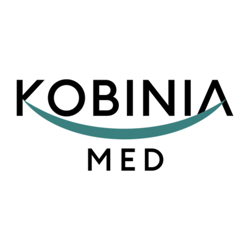
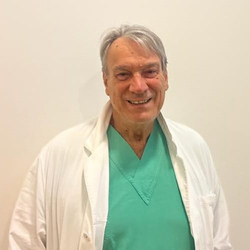
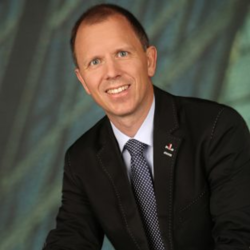

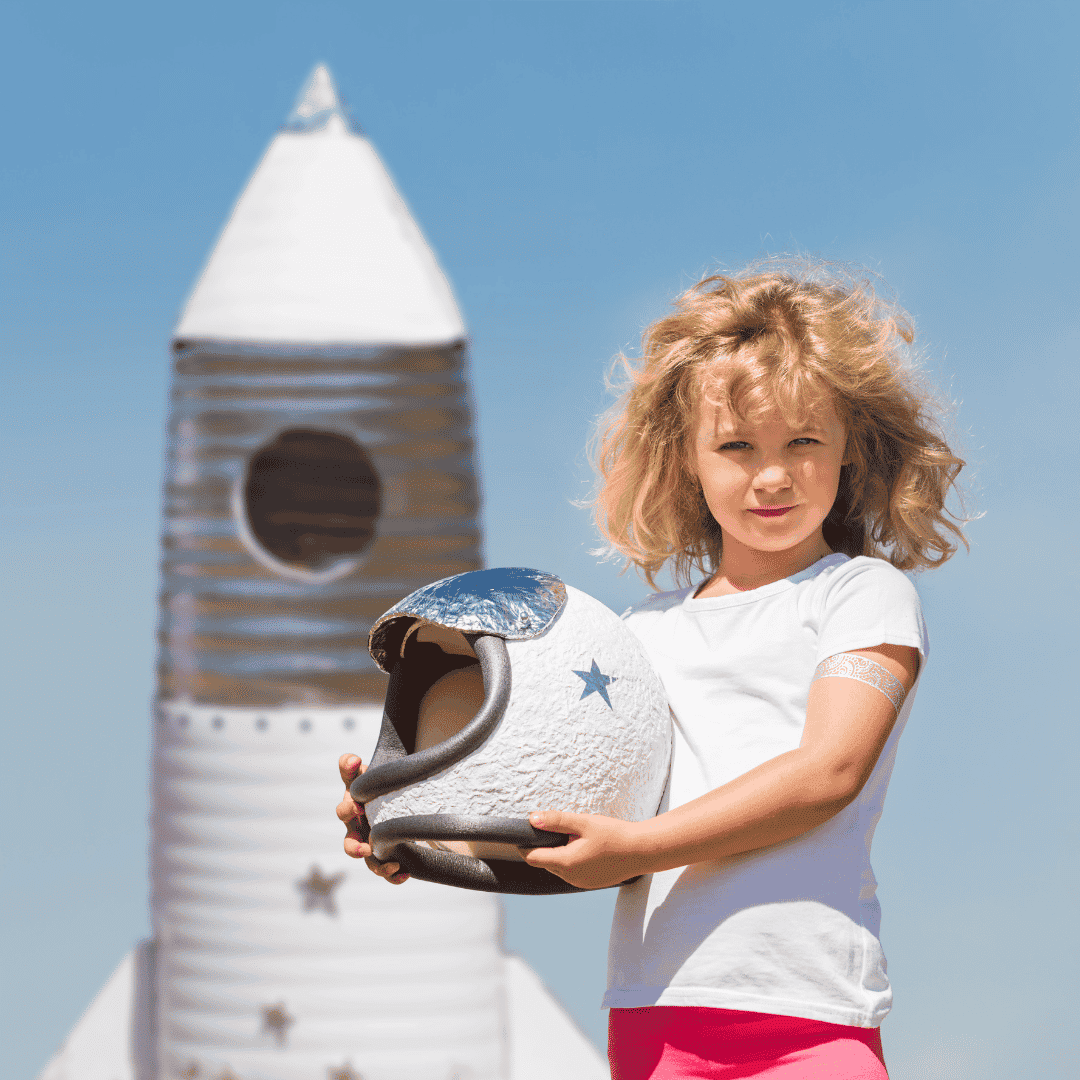
.png)
.png)
.png)

.png)


